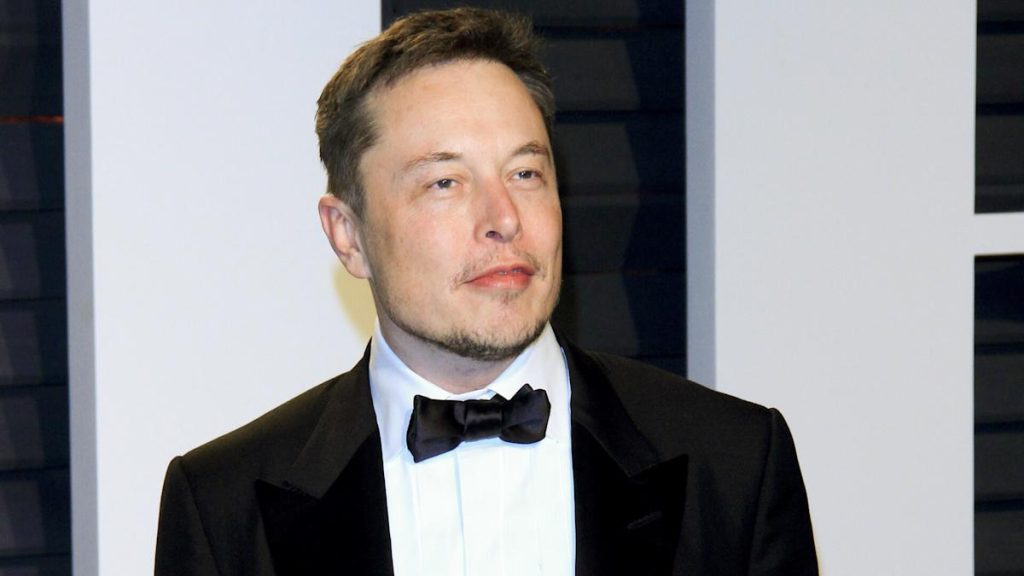
Once upon a time, Tesla enjoyed its reputation as an innovative and futuristic automotive company, bringing in big money and without controversy. No longer is that the case. The multinational electric vehicle maker, led by CEO Elon Musk, has been the subject of heated public debates as a consequence of his political engagement.
As the de facto leader of the Department of Government Efficiency (DOGE) — which aims to cut federal spending it deems “waste, fraud and abuse,” a significant cohort of Americans feel uneasy about the world’s richest billionaire wielding the kind of power and influence Musk holds over public policy and discourse.
For You: 4 Things To Watch for as Elon Musk Takes on Social Security
Try This: How Far $750K Plus Social Security Goes in Retirement in Every US Region
Tesla’s stock price is down 33.36% year-to-date as of April 24, with first-quarter sales plunging 13% — its sharpest decline in over a decade, according to CNN. Those who have become familiar with the turbulence of markets know Tesla is not the first (or last) company to experience hardships. Over time, countless publicly traded companies, including large-cap stocks, have faded into the dustbins of history. Others, however, teetered on the brink of bankruptcy but eventually survived.
Below, we will examine three case studies of CEOs who almost bankrupted their companies but were lucky enough to bounce back and three CEOs who were not so fortunate. Then, we’ll explore the future for what Tesla shareholders and prospective investors could expect in the coming months and years.
Also here’s what experts said on whether Musk should ditch politics to save Tesla.
The success of Apple is nothing short of extraordinary. According to The Verge, two billion people actively use iPhones, iPads, Macs and other Apple products on any given day. Yet, the ride was not always this smooth.
Check Out: 2 Ways Elon Musk’s Access to the US Treasury May Impact Social Security
The late Steve Jobs once admitted that Apple was just three months away from bankruptcy in 1997, as reported by The New York Times. Facing stiff competition, declining sales and failed products, Jobs eliminated 70% of the tech company’s products — his reason? Simple: “It’s way too much stuff,” the former CEO told Forbes. Following his massive overhaul, the iMac, macOS and iPod ultimately transformed the tech company into profitability and the rest is history. By focusing on simplicity and quality products, Jobs zeroed in on what worked, while revolutionizing the industry and leaving an indelible legacy in the process.